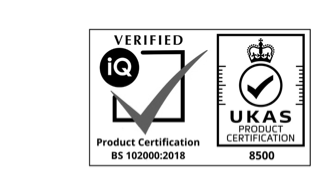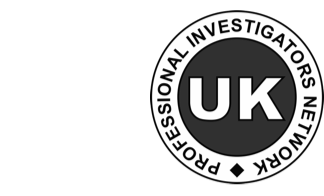In a bold move, UK Prime Minister Rishi Sunak claims we are now spending £69 Billion on benefits for people of a working age with a disability or health condition. He wants to reform the welfare system with a keen focus on getting people back into work. It comes as the government addresses concerns that some workers are being unnecessarily written off as sick and “parked on welfare”. Sunak’s initiative aims to put an end to ‘sick note culture’ by discovering what people can do with the right support in place, rather than what they can’t do.
This reform is part of a larger strategy aimed at enhancing the NHS’s capabilities in diagnosing and understanding minor illnesses, thereby potentially transforming how sick leaves are administered and perceived. While Sunak has addressed the impact of sick note culture on the welfare system, the repercussions of this issue stretch far beyond, significantly affecting employers and the broader workforce.
How does ‘Sick Note Culture’ effect employers?
The core of the problem begins with the ambiguous nature of what qualifies as an illness. This ambiguity can lead to multiple issues: some employees may be misdiagnosed and inappropriately signed off from work, others might exploit this lack of clarity to feign illness, while there are those who continue to work despite being genuinely ill but undiagnosed. These scenarios create a complex challenge for both employees who might need support, and employers who need to manage their workforce effectively.
Employers inherently have a responsibility to protect and support their employees. This duty includes ensuring that workers who are genuinely unable to perform their duties due to illness receive the necessary time off and support. However, this also presents an opportunity for a minority to abuse the system, taking undue advantage of protections meant to support those in need. When some employees take advantage of the system, it often results in increased workloads for their colleagues, who must pick up the slack. This not only strains other staff members but can also lead to reduced morale and productivity. Furthermore, the financial burden of covering for long-term absences can strain a company’s resources, which might otherwise be invested in employee growth or business development.
The difficulty for employers lies not only in disproving a doctor’s sick note—which is a challenge in itself—but also in the ramifications of making unfounded accusations against employees. Such actions can quickly escalate into legal battles over discrimination, disability rights, and potentially lead to unfair/constructive dismissal claims. Employment law is fraught with protective measures that, while crucial for safeguarding employee rights, also make it a veritable minefield for employers attempting to address potential abuses of the system.
Using Private Investigators For Employee Investigations
Given these complexities, the role of private investigators in the corporate environment is becoming increasingly relevant and is more common than many might think. Contrary to the stereotypical image of private investigators as shadowy figures infringing on personal privacy, the reality of their work, especially in the context of employee investigations, is far more structured and respectful of legal boundaries.
What do private investigators do?
The process of engaging a private investigator typically begins with a collaborative approach involving the company’s HR department. This ensures that any internal avenues for addressing the issue have been exhausted before external help is sought. Following this, a careful assessment is made to determine whether there are substantial grounds for the investigation.
A critical step in this process is conducting a Data Protection Impact Assessment. This assessment is designed to ensure that the investigative methods proposed are the least intrusive necessary to achieve the desired outcomes. It also helps in determining whether the action plan is both justifiable and proportionate, given the specific circumstances of the case.
Ultimately, the involvement of a private investigator is not about policing employees but ensuring fairness and integrity within the workplace. By maintaining rigorous standards and cooperating closely with legal and HR departments, private investigators help uphold both the rights of individuals and the interests of the employer. This careful balance is crucial in fostering a healthy work environment where all employees can feel secure and supported, both in their health needs and their professional contributions.
In conclusion, as workplaces evolve and the interpretations of employment law and employee rights continue to be tested, the role of private investigators becomes increasingly essential. These professional investigators provide a critical service that helps maintain balance in the workplace by ensuring that the support systems for sick leave are not misused, thus protecting both genuine needs and business interests, and preserving the well-being and productivity of the entire workforce.
Is you’re business navigating the minefield of precarious sick leave? Our team of Birmingham Private investigators are happy to offer free consultation and establish whether you could benefit from an external employee investigation.
Call us on 0121 663 0251 or send an email to info@revealpi.com

 Surveillance
Surveillance Matrimonial Investigations
Matrimonial Investigations Bug Sweeping
Bug Sweeping GPS Vehicle Tracking
GPS Vehicle Tracking Lie Detector Test
Lie Detector Test Person Tracing
Person Tracing Employee Investigations
Employee Investigations Asset Tracing
Asset Tracing Fraud Investigations
Fraud Investigations Injury & Insurance Investigations
Injury & Insurance Investigations







